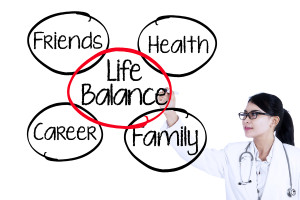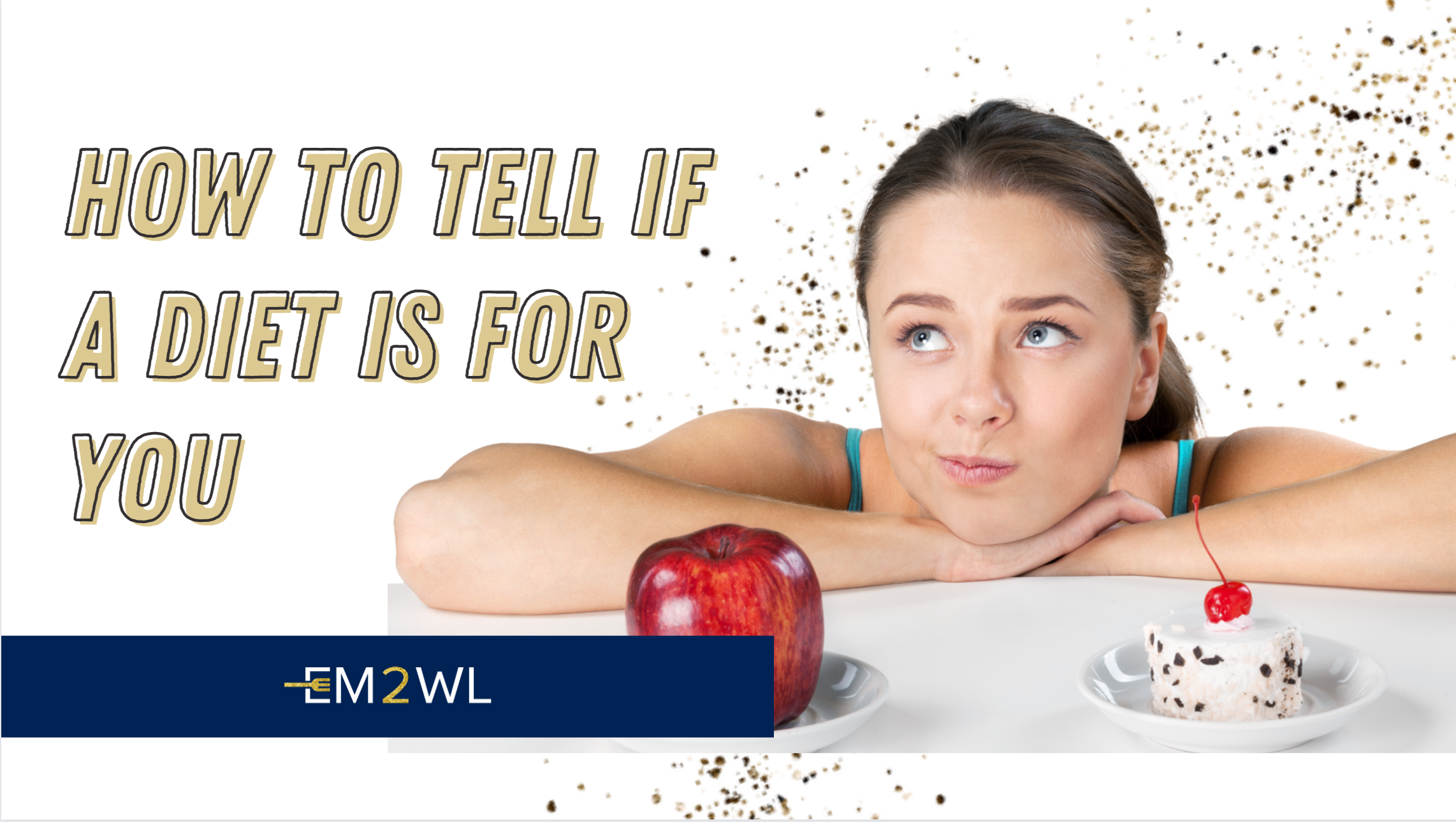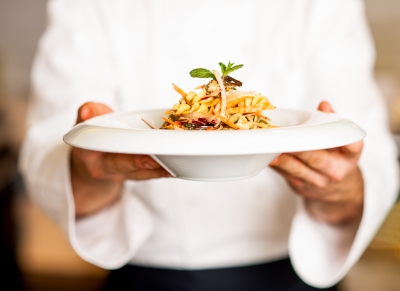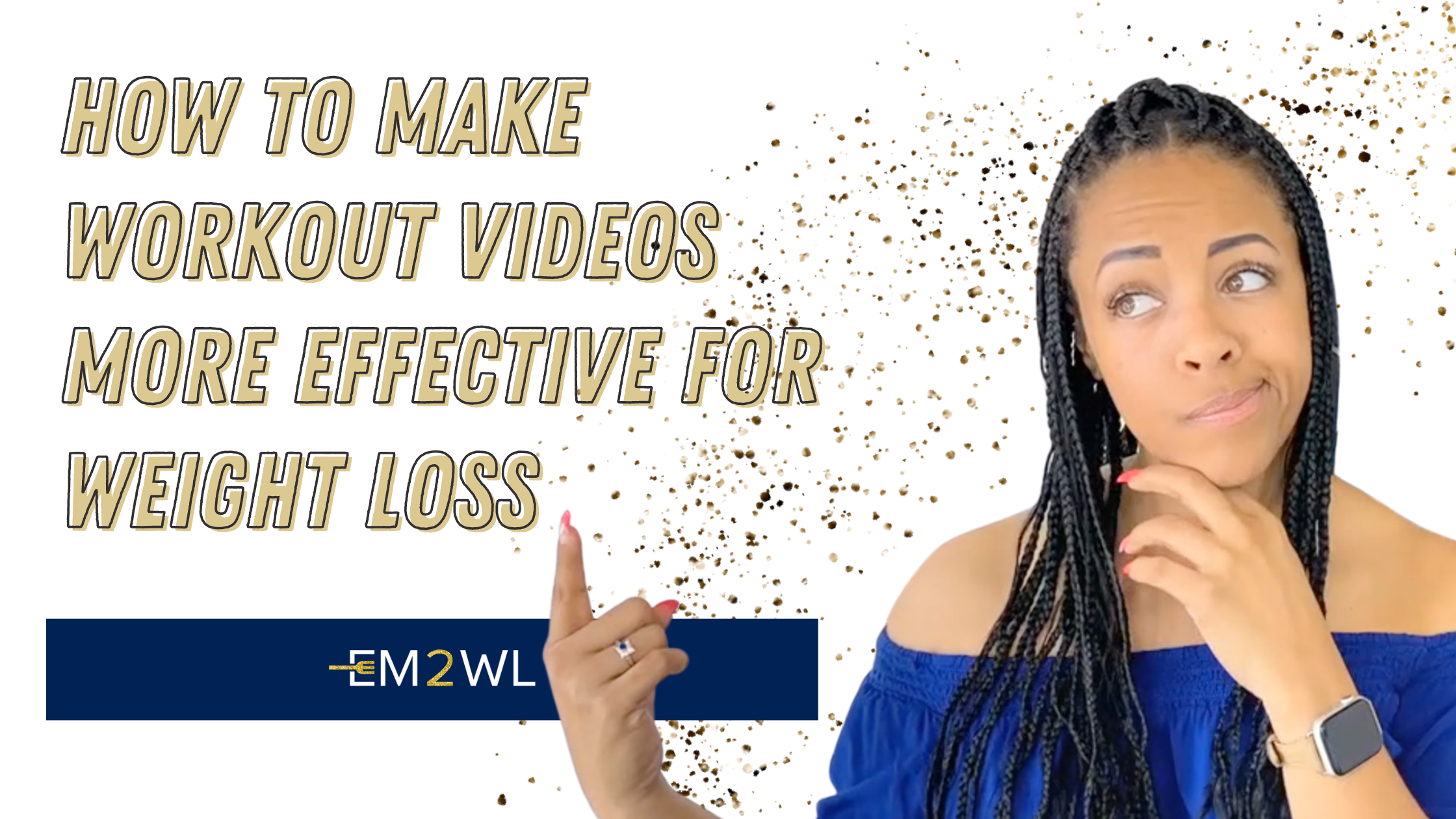Just recently I happily said good bye to a year of chronic work-related stress. It was likely the longest period of stress that I’d ever experienced, and it showed in how I ate, how I slept, how I looked and I’m sure my family would say my mood. During times of chronic stress (whether real or perceived), stress hormones like cortisol stay elevated. This can lead to a decreased metabolic rate, sleep disruption, a drop in serotonin (aka happy hormone), and turn our appetite toward fat, sugary foods and other carbs. Eating is a part of life, but when our hormones are out of whack sometimes we can go overboard and emotional eating comes in to play.
Emotional eating may reflect on the scale but it begins in the mind. Stress wreaks havoc in many areas of our lives and our nutrition is just one. When your defenses are compromised your health takes a hit and so do your emotions.
 Everyone has days that seem like they couldn’t get any better and days that we wish never were. How we deal with the challenging ones has a direct impact on our ability to combat emotional eating. We seek comfort when we are hurt and turn to food as a coping mechanism. Foods don’t judge us, hurt us or tell us “no.” Additionally, eating foods that bring us pleasure can stimulate the release of endorphins similar to exercise. So, after you eat, you feel better although it may be short-lived.
Everyone has days that seem like they couldn’t get any better and days that we wish never were. How we deal with the challenging ones has a direct impact on our ability to combat emotional eating. We seek comfort when we are hurt and turn to food as a coping mechanism. Foods don’t judge us, hurt us or tell us “no.” Additionally, eating foods that bring us pleasure can stimulate the release of endorphins similar to exercise. So, after you eat, you feel better although it may be short-lived.
Emotional eaters use food as a stress relief mechanism. When we are unable to find a solution to our problems or somehow alleviate our stress, we turn to food. This is especially common when the stressor is something horrible such as physical abuse or a death.
Are you an emotional eater?
Determining whether you might be using food as a crutch requires a closer examination of what’s going on in your life. A key indicator would be unexpected weight gain. Obviously if you are following a reset or bulking program this might not be a sign you can rely on. However, if you are experiencing weight gain, take a closer look at these areas which are common sources of stress:
- Has your work or home life been more stressful than normal?
- Have you, a family member or friend experienced any recent trauma?
- Is there a problem that you have been wrestling with but haven’t found a solution for?
If you responded “yes” to any of these questions and are experiencing unexpected weight gain, emotional eating might be the culprit. Not only might you be eating when you are not necessarily hungry, but the foods you are eating might be “comfort foods”. Characteristics of comfort foods include:
- High fat foods like fried foods such as French fries
- High carb foods like macaroni and cheese or mashed potatoes
- Sugary foods like ice cream, donuts, cookies, cake
 Coping with day-to-day stress
Coping with day-to-day stress
So, you might be wondering what you can do about emotional eating once you have determined that you have a problem. Emotional eaters often experience feelings of helplessness followed by guilt. The guilt is triggered by the indulgence and its potential effect on your health while the helplessness lies in not seeing a way out of the situation.
In this scenario a nutrition coach or nutritionist might not be what you need as emotional eating has nothing to do with dieting or changing your eating habits. Rather seek a counselor that will help you deal with the emotions you are experiencing and gain control over them. Some activities a counselor might suggest include
- visualization, helping you to reframe your problems and see them in a realistic way rather than blowing them out of proportion.
- learning new problem solving skills
- mind-body programs such as meditation or deep breathing
- exercise can serve as a distraction from the stressor as well as alleviate frustration
Also consider setting up a support system of friends and family who can help you be aware of the foods you are eating, assist you in making healthy food choices and exercise along with you. Taking control of emotional eating starts first with dealing with the stress. Finding new ways to solve our problems will push emotional eating out of the equation.
Photo credit: creativa/bigstock.com







Recent Comments